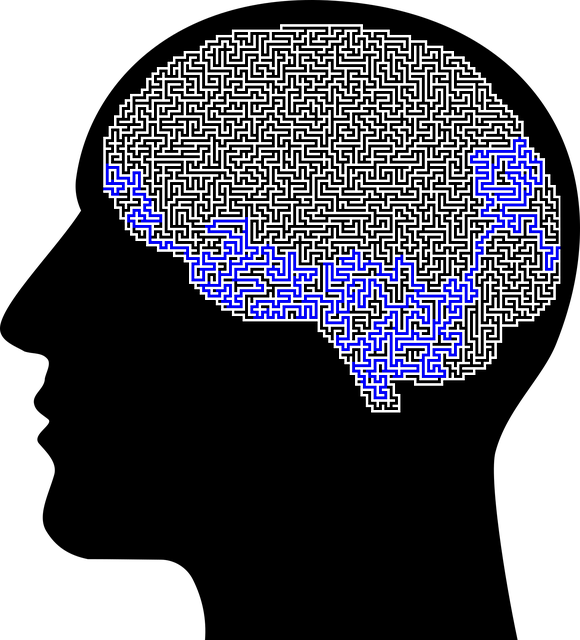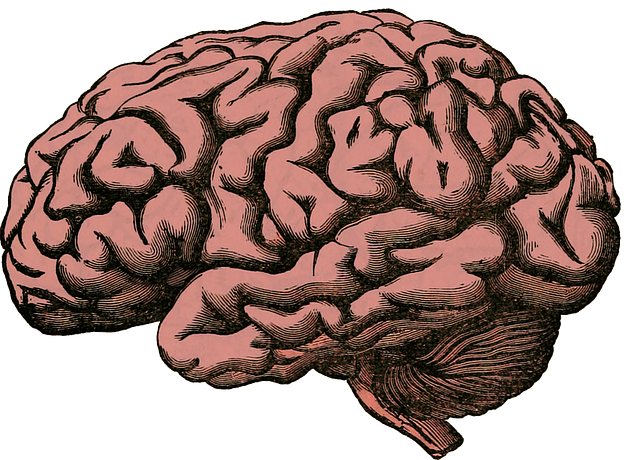Community outreach programs offering Superior Anger Management Therapy (SAMT) are vital for improving mental health access in isolated, financially strained, or culturally hesitant communities. These programs provide specialized support, promote mental wellness, and enhance social dynamics through tailored techniques like cognitive-behavioral therapy and mindfulness meditation. Success is measured by reduced anger levels, aggressive behaviors, stigma, and improved social integration among participants, making SAMT a key strategy for equitable mental health support.
Community outreach programs, such as Superior Anger Management Therapy, play a pivotal role in fostering social well-being. This article delves into the multifaceted impact of these initiatives, offering insights on designing and implementing effective anger management strategies. We explore engaging at-risk communities, focusing on measurable success through evaluation frameworks. By understanding the power of tailored programs, we can revolutionize community health and prevent potential crises. Discover how Superior Anger Management Therapy serves as a game-changer in building resilient, harmonious environments.
- Understanding Community Outreach Programs and Their Impact
- Designing Effective Anger Management Therapy for the Community
- Implementing Outreach Strategies: Engaging at-risk Communities
- Measuring Success: Evaluating the Effectiveness of Superior Anger Management Therapy Programs
Understanding Community Outreach Programs and Their Impact

Community outreach programs play a pivotal role in fostering connections between healthcare services and individuals within diverse communities. These initiatives aim to bridge gaps in access to care by bringing specialized support directly to those who may face barriers such as geographic isolation, financial constraints, or cultural hesitancy. One notable area where community outreach shines is in the domain of Superior Anger Management Therapy. By implementing tailored programs, organizations can effectively address prevalent issues like anger management and associated mental health concerns.
The impact of these outreach efforts extends beyond individual relief; they contribute to broader societal benefits. Enhanced access to conflict resolution techniques and stress management strategies through community-based programs can lead to improved mental wellness and more harmonious relationships. This, in turn, fosters a sense of belonging and overall well-being within communities, creating a ripple effect that positively influences social dynamics and collective resilience.
Designing Effective Anger Management Therapy for the Community

Implementing effective anger management therapy within community outreach programs requires a tailored approach that goes beyond traditional techniques. Superior Anger Management Therapy (SAMT) should be designed to cater to diverse cultural backgrounds, age groups, and individual needs. Mental health professionals play a pivotal role in navigating complex community dynamics, ensuring accessibility and inclusivity for all participants. By integrating evidence-based practices, such as cognitive-behavioral therapy and mindfulness meditation, SAMT can empower individuals with healthy coping strategies.
Risk Management Planning is crucial to ensure the safety of both clients and professionals during these programs. Incorporating Stress Reduction Methods, including relaxation techniques and emotional regulation skills, allows for a holistic approach to anger management. Through interactive workshops and group sessions, community outreach initiatives can foster an environment where participants learn to transform their anger into positive action, ultimately strengthening their mental health and well-being.
Implementing Outreach Strategies: Engaging at-risk Communities

Implementing outreach strategies to engage at-risk communities is a vital step in enhancing mental health services and ensuring equitable access to care. These communities, often marginalized or underserved, may face unique challenges that hinder their ability to seek professional support. Superior Anger Management Therapy (SAMT), for instance, can play a pivotal role here. By proactively reaching out to these groups, healthcare providers can address specific issues like anger management, which is a critical aspect of overall well-being.
The process involves tailoring interventions to respect and understand the cultural context of these communities. Healthcare Provider Cultural Competency Training equips professionals with the skills to navigate diverse settings sensitively. Moreover, preventing burnout among mental health professionals is crucial as it ensures consistent and quality care. A thorough risk assessment for these practitioners, along with implementing supportive strategies, can mitigate potential challenges they may face while engaging at-risk populations, ultimately improving community outreach outcomes.
Measuring Success: Evaluating the Effectiveness of Superior Anger Management Therapy Programs

Measuring success is a crucial aspect of implementing any community outreach program, especially when addressing complex issues like anger management. The effectiveness of Superior Anger Management Therapy (SAMT) programs can be evaluated using various methods to ensure positive outcomes for participants. One key indicator is the reduction in reported anger levels and aggressive behaviors post-therapy. Research suggests that successful SAMT programs often incorporate a combination of techniques, including cognitive-behavioral therapy, mindfulness practices, and social skills training, which collectively promote emotional well-being promotion techniques and foster a sense of community support.
Additionally, mental illness stigma reduction efforts within these programs can be measured through participant feedback and changes in attitudes towards seeking help for anger-related issues. By evaluating both the direct outcomes of therapy sessions and indirect impacts on social integration and mental health perceptions, organizations can gauge the overall success of their SAMT initiatives. This comprehensive approach not only assists in identifying effective practices but also contributes to broader Mental Illness Stigma Reduction Efforts within the community.
Community outreach programs, particularly those focusing on superior anger management therapy, can significantly impact at-risk communities. By understanding the local context and designing tailored programs, we can effectively address underlying issues contributing to anger and violence. Implementing robust engagement strategies ensures these initiatives reach those who need them most. Measuring success through evaluation allows us to refine and optimize these outreach efforts, ultimately fostering healthier, safer communities.














